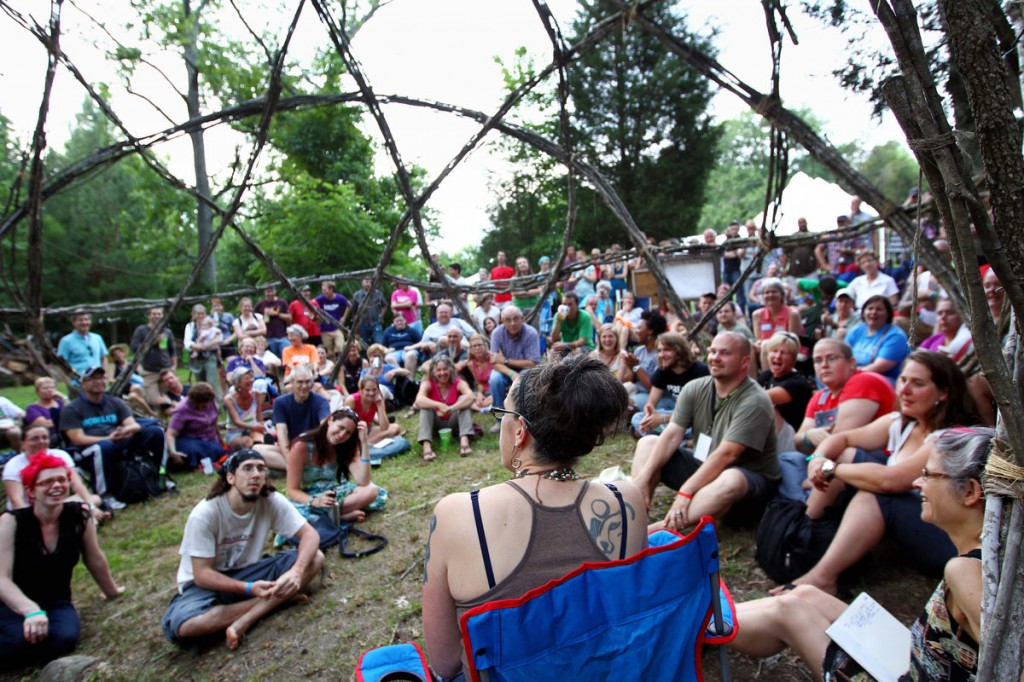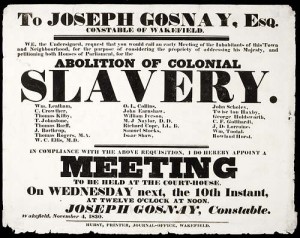Wild Goose exists at the intersection of justice and spirituality, and we’re opening spaces for reflection and action around key questions of the common good. Our first festival will have a specific emphasis on the criminal justice system itself. Erin Parish and Steve Pavey introduce this theme:
When we think about social justice issues that matter, how often do we think about the justice system itself? To look in detail at the justice system in the United States is to open up a Pandora’s box of American inequality. We imprison more people than any other country in the world; while the U.S. makes up only five percent of the global population, we have almost twenty-five percent of the world’s prisoners. There are over 2.3 million people currently behind bars in this country. That’s more than one in every 100 adults. When this is broken down by race, gender, and age, one in 15 African-American adults and one in 9 African-American men between 20 and 34 are in prison. Incarceration rates soar primarily in communities of color, alongside unemployment, under-resourced schools, homelessness, inadequate health care, and poverty.
This hasn’t always been the case. The prison population grew 400 percent since 1973, largely from changes to sentencing and drug laws. We’ve turned social problems into criminal problems. Nearly half of the prison population suffers from mental illness and an even larger proportion struggle with substance abuse.
Behind all of these statistics are lives forever changed; crime and punishment have a ripple affect, tearing families apart and weakening the social fabric of communities. In trying to discern a response to the brokenness of the criminal justice system that emerges from the intersection of spirituality and the common good, we must ask to what extent our theological beliefs and practices contribute to the generation and justification of such a system of mass incarceration. We must also ask what alternatives there are to the current retributive system of justice that serves to neither “rehabilitate” offenders nor offers much in the way of comfort for victims. What would a justice system look like that strove to create safer communities through strengthening relationships instead of merely fostering separation of those deemed bad from the rest of society? And how can we be part of creating restorative systems of justice that recognize everyone in a community is harmed when one is hurt through crime and incarceration?
The Wild Goose Festival will provide spaces where we can explore these questions in depth, and consider new solutions (and some old ones that work, too). Through talks, faciliatated conversations, artistic reflection, and action opportunities, the Wild Goose Festival will be a place to learn more about the problems facing our justice system and explore examples of initiatives that employ a more relational model of justice for victims, offenders, their families, and our communities.
Erin Parish grew up in Macon, Georgia, is the chair of the Wild Goose Festival social justice team, and a graduate student in Cultural Anthropology at Duke University.
Steve Pavey is an applied anthropologist, artist, and activist at One Horizon Institute as well as a member of Communality, an intentional faith community in Lexington, KY.











